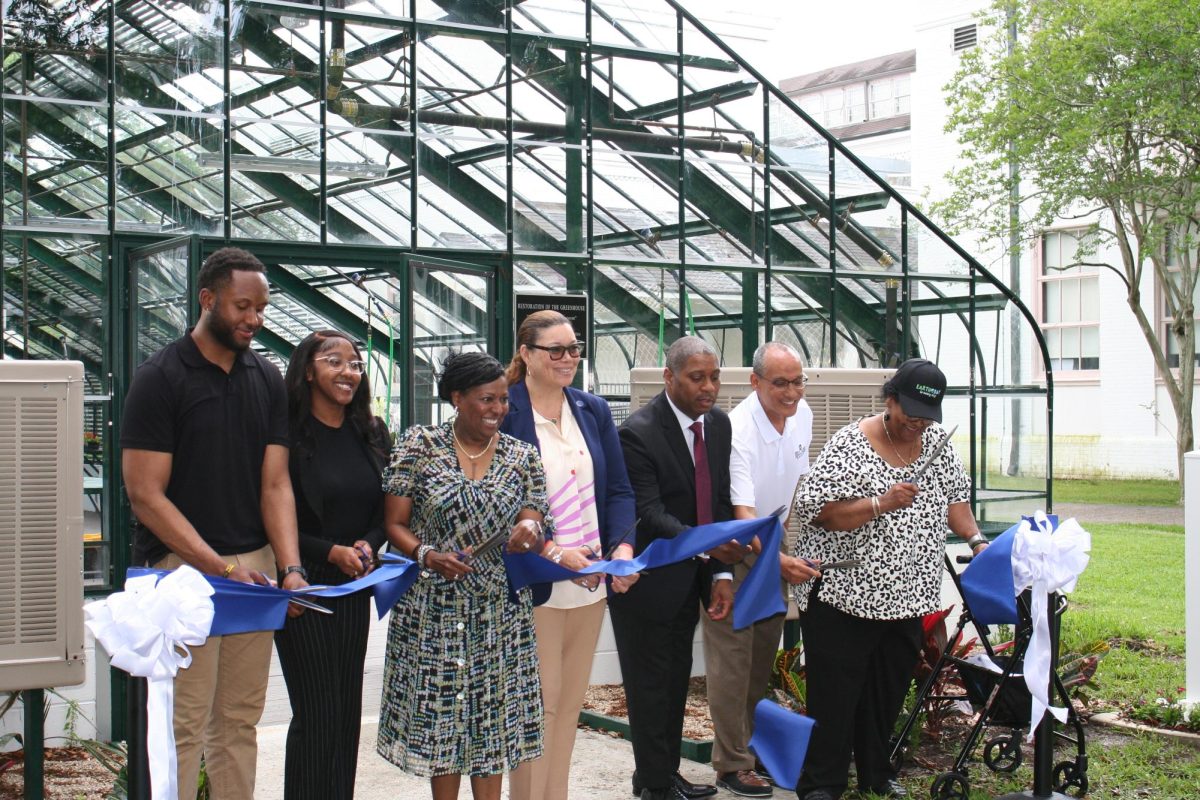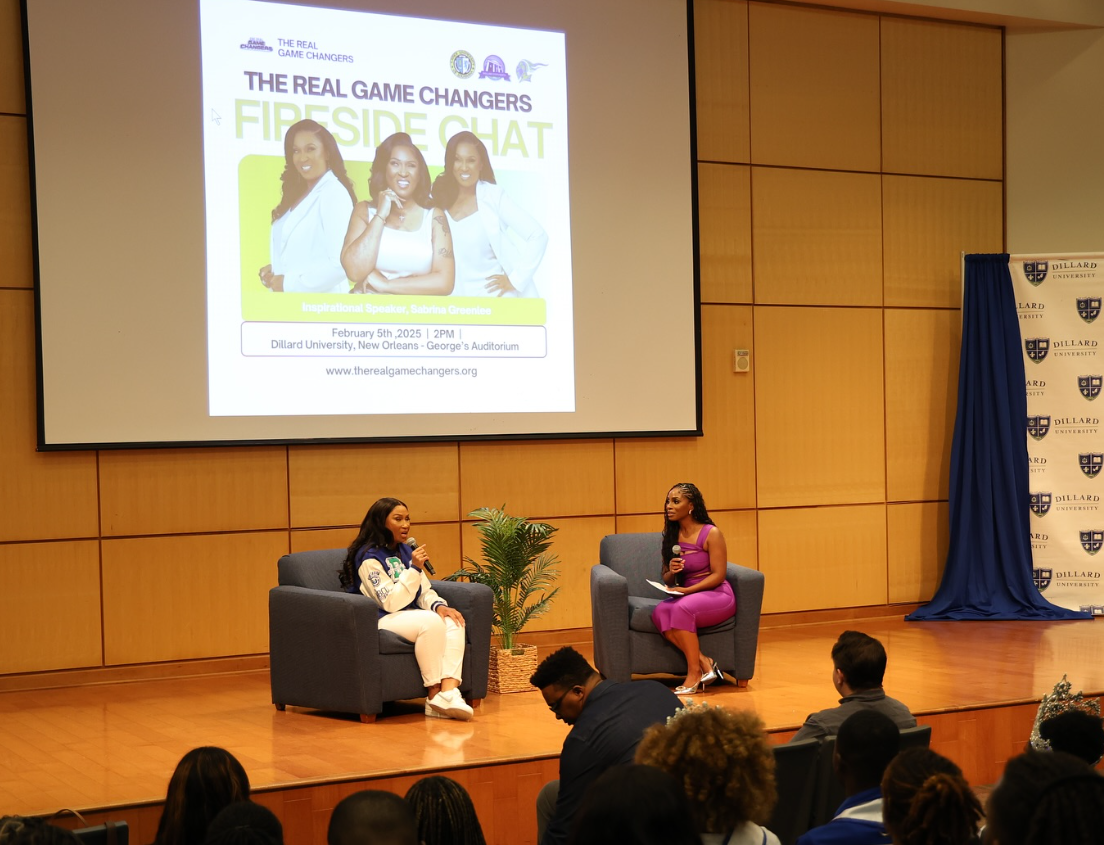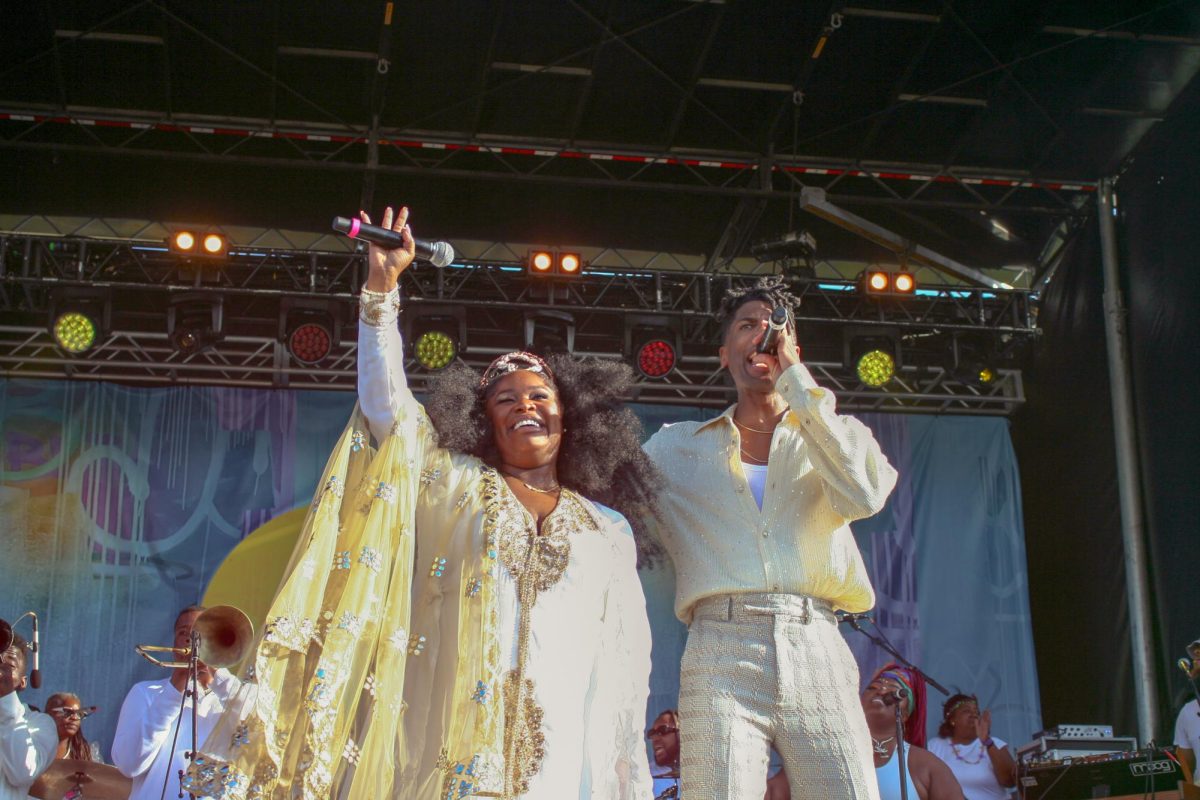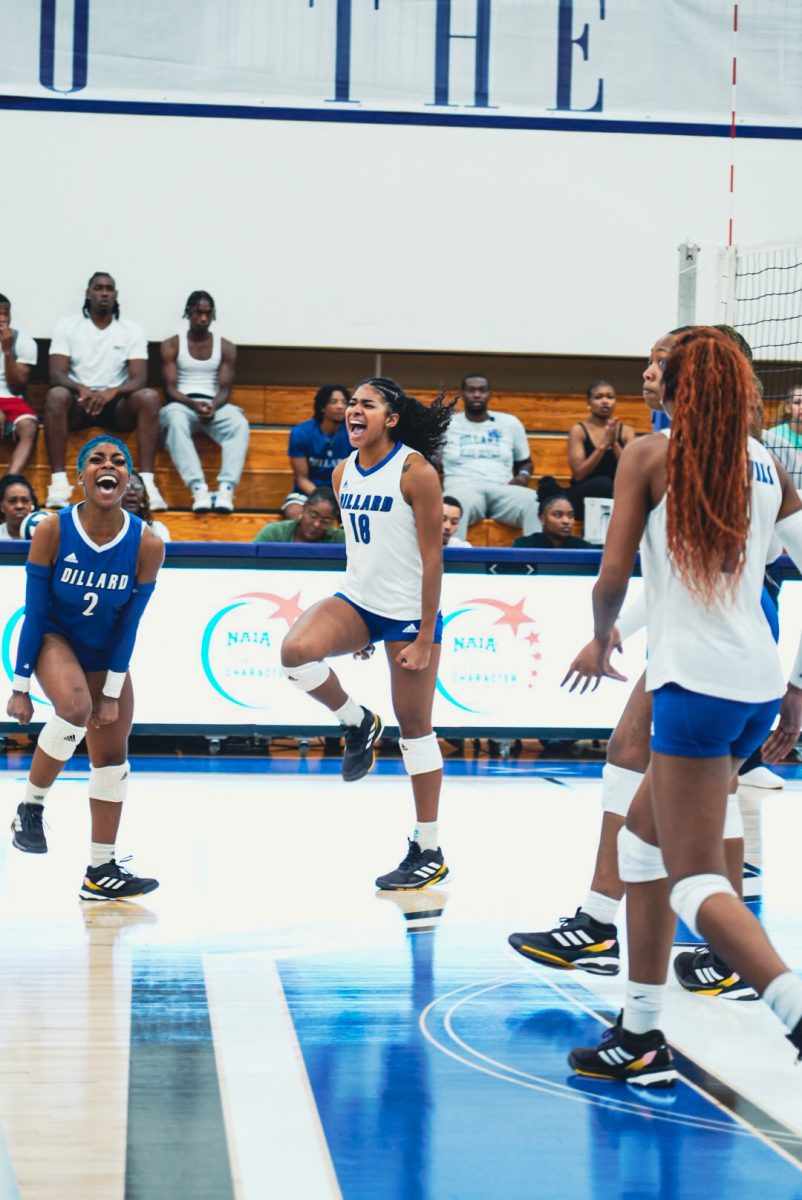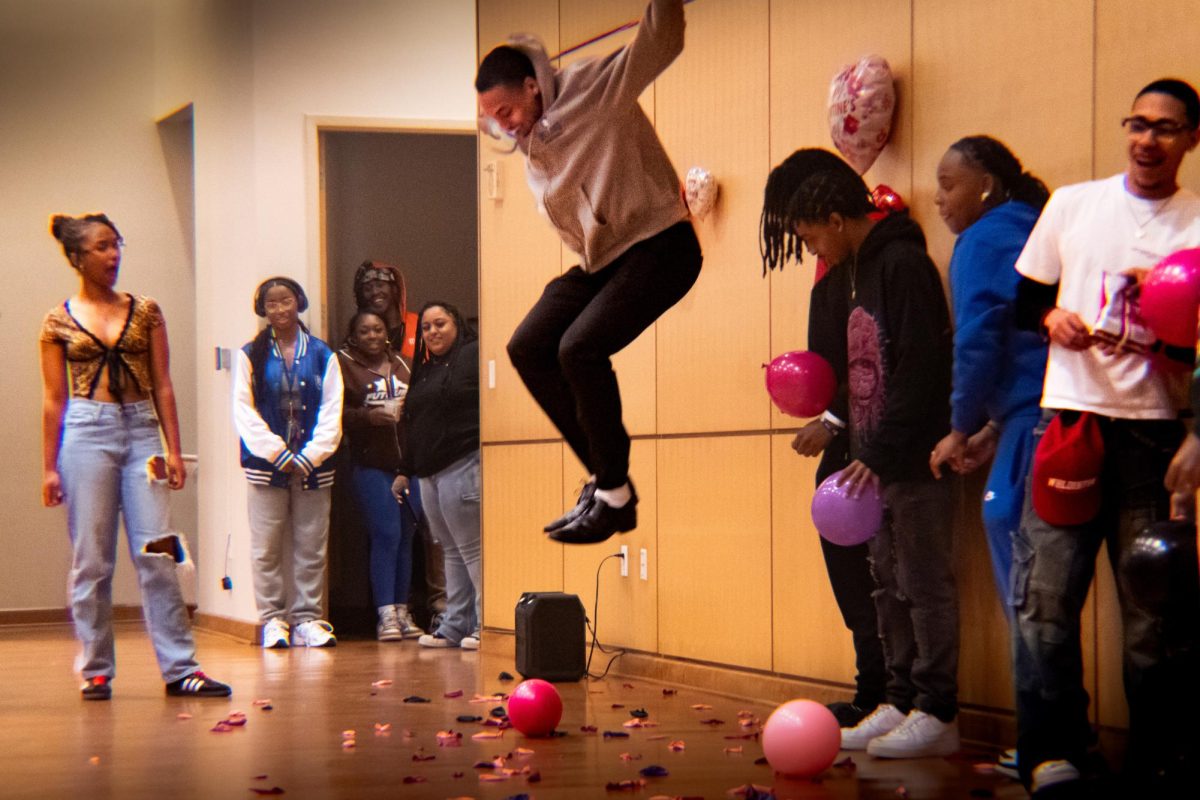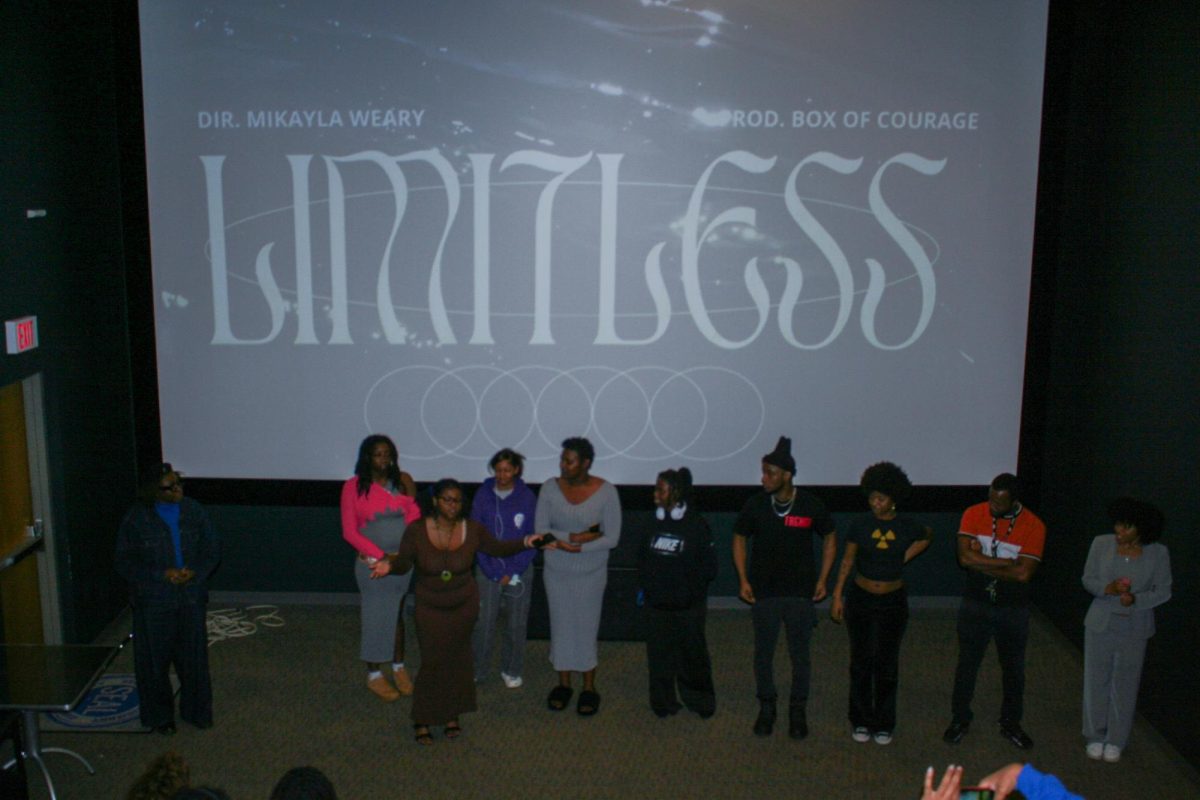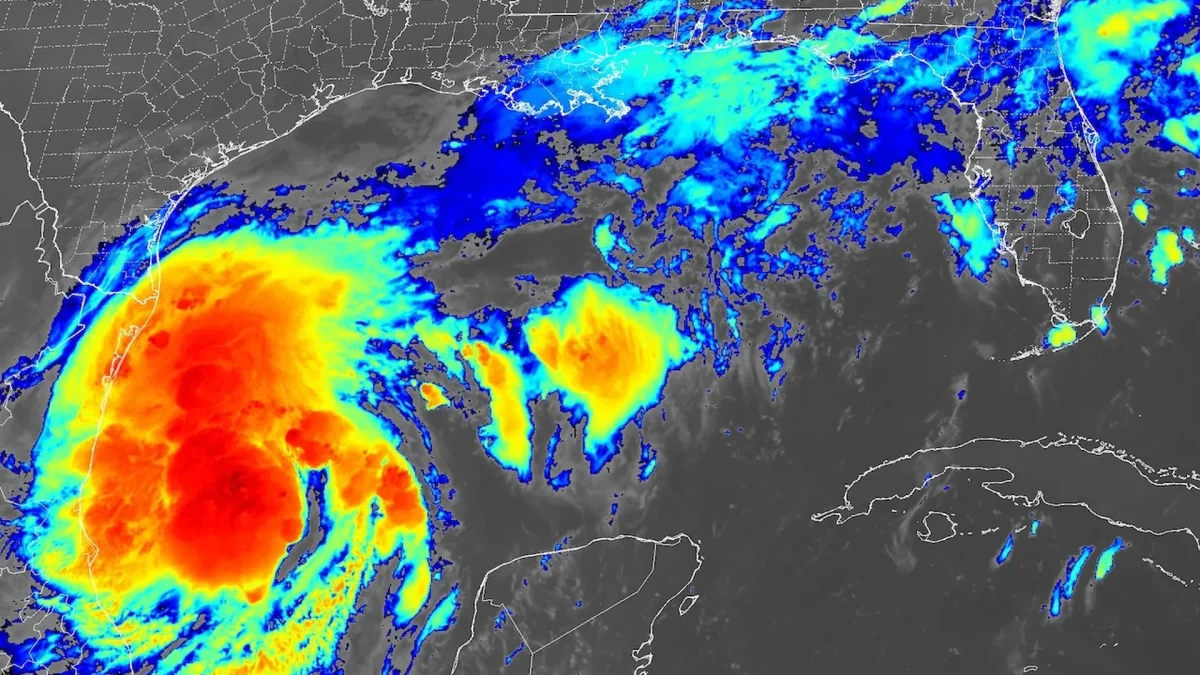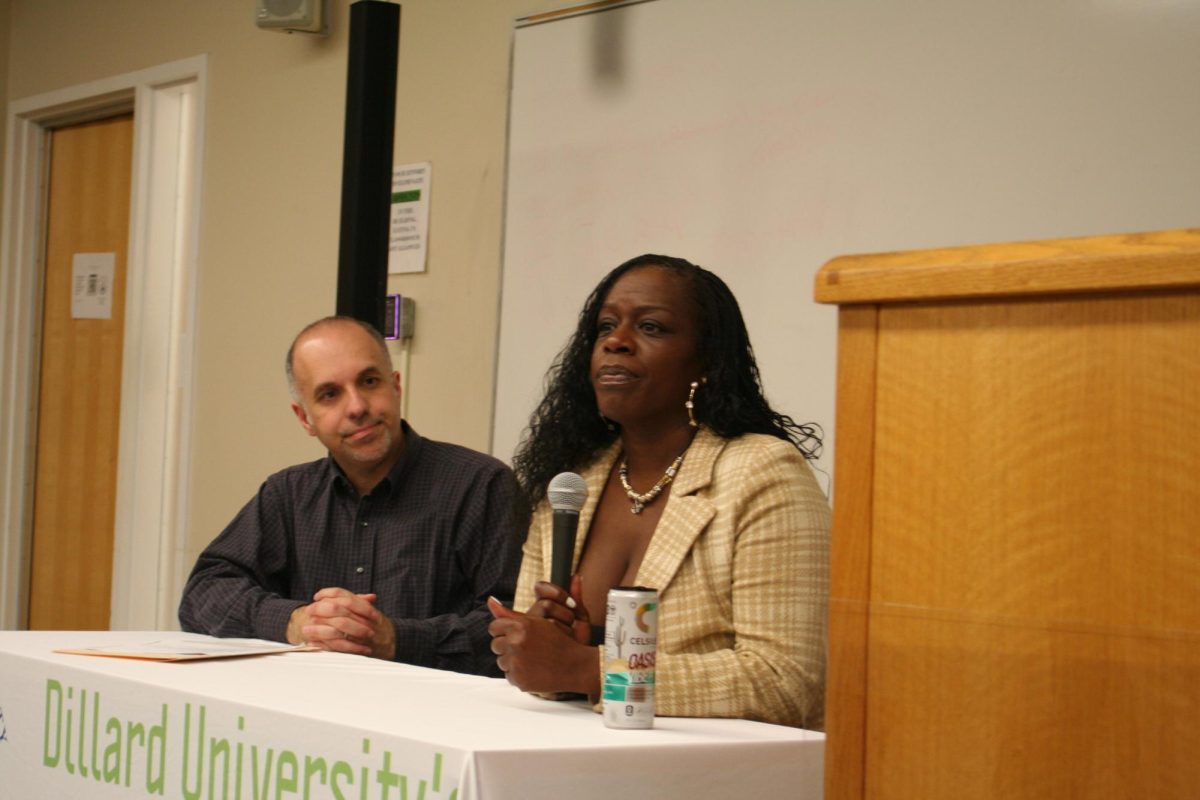This November, the United States of America will be electing its 47th President, and it’s critical that Dillard students get out and vote!
Abby- Lynn Gonzalez, president of the Student Government Association of Dillard University said, ”Voting is important for minorities because it’s a way that we get to express what we need. For so long we did not have a voice in this country, now we do. It is important to ensure that the people in positions of power are for us. It is important to ensure that we are being looked after and cared about. It is important to ensure that we don’t go back to how things used to be. That is why it’s important for us to vote as minorities by race, gender, or even age.”
“The right of citizens of the United States to vote shall not be denied or abridged by the United States or by any state on account of race, color, or previous condition of servitude.” The constitution protects the rights of citizens to vote, but true voting freedom came much later for certain communities.
The Fifteenth Amendment was a constitutional breakthrough for African Americans, who were restlessly fighting against the violent racism of segregation and oppression. The Black vote did not come without its trials and feats. Poll literacy test, intimidation, wrongful conviction, and poll taxes all were weapons formed specifically against the rights of Black voters. Voting laws came with various loopholes to attempt to defeat the African American spirit. Until it’s exile in 1915, many states used the “grandfather clause”ーa statement claiming only African Americans whose ancestors voted prior to 1870 or owned land could voteー to keep descendants of slaves from voting, invalidating the majority of Black voters.
A lesser known but nonetheless significant protest was “Freedom Summer”. In the summer of 1964, COFO, the Council of Federated Organizations in Mississippi, began to organize movements regarding voting rights. The Freedoms Summer Project resulted in freedom schools, freedom housing, freedom libraries, as well as an increased awareness of voting discrimination experienced by Black Mississippi voters.
The public did not receive the workers’ message with open arms. It resulted in a total of over 1,000 arrested workers, 80 workers beaten, 37 churches bombed or burned, four workers killed, and at least three groups murdered due to their involvement. The loss and grief spreading throughout the African American and supporting communities was astronomical, but did nothing to stop their efforts for change, which happened when President Lyndon B. Johnson signed the Civil Rights Act of 1964.
Today, Black voters still face increasing discrimination. An example of this is the invalidation of votes through laws that void the right to vote of convicted felons, disproportionately affecting minorities. In spite of discriminating issues concerning in-mail votes, automatic voting, and early voting, Black eligible voters continue to increase. It is predicted that Black voters are projected to reach 34.4 million by November 2024. The main problem with elections is that many people do not know what they are voting for and for voters who are minorities, this is essential.
Voting gives the people power to participate in changing American history. Historically, the African American community has a lower voter registration and voter turnout rates, but in recent years, the tides are shifting. It’s time to shift with it! As attacks on voting equity persist, it is important not to fall victim to misinformation or hurtful propaganda. Researching candidates’ future proposals, as well as past political ideals and accomplishments can be incredibly informative. It’s necessary to not only to know what you’re voting for, but who you’re voting for. Change is an action that all sides must take a step towards. It’s important to do our part just as it’s necessary for them to do theirs.
For more information, visit
The 2024 Harris campaign policy proposals: Budgetary, economic and distributional effects — Penn Wharton budget model. (2024, September 4). Penn Wharton Budget Model. https://budgetmodel.wharton.upenn.edu/issues/2024/8/26/harris-campaign-policy-proposals-2024
The 2024 Trump campaign policy proposals: Budgetary, economic and distributional effects — Penn Wharton budget model. (2024, August 26). Penn Wharton Budget Model. https://budgetmodel.wharton.upenn.edu/issues/2024/8/26/trump-campaign-policy-proposals-2024

